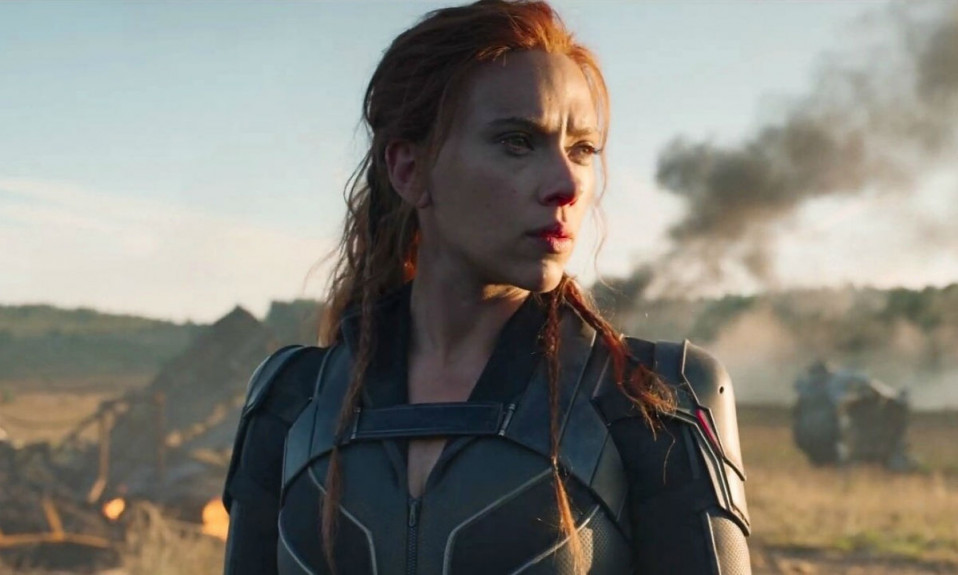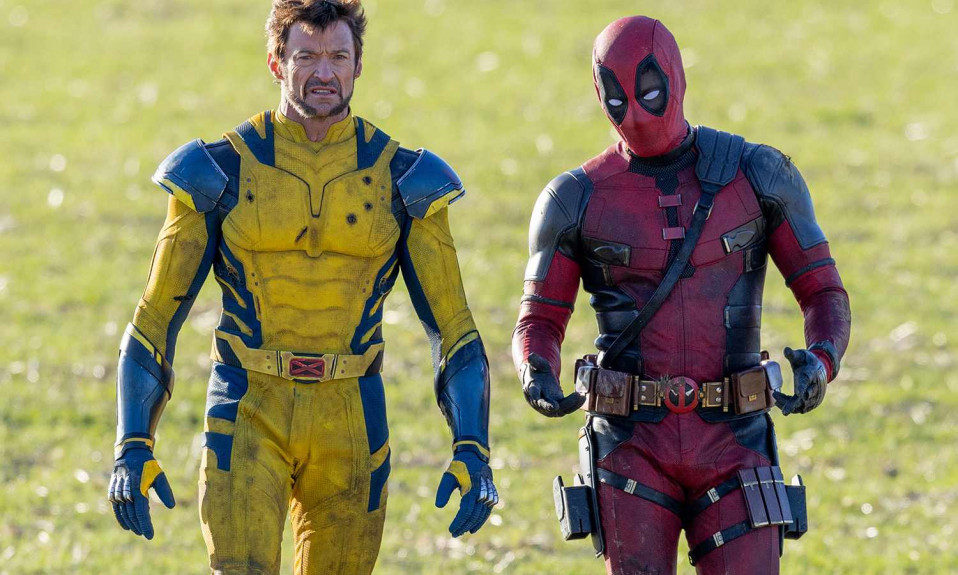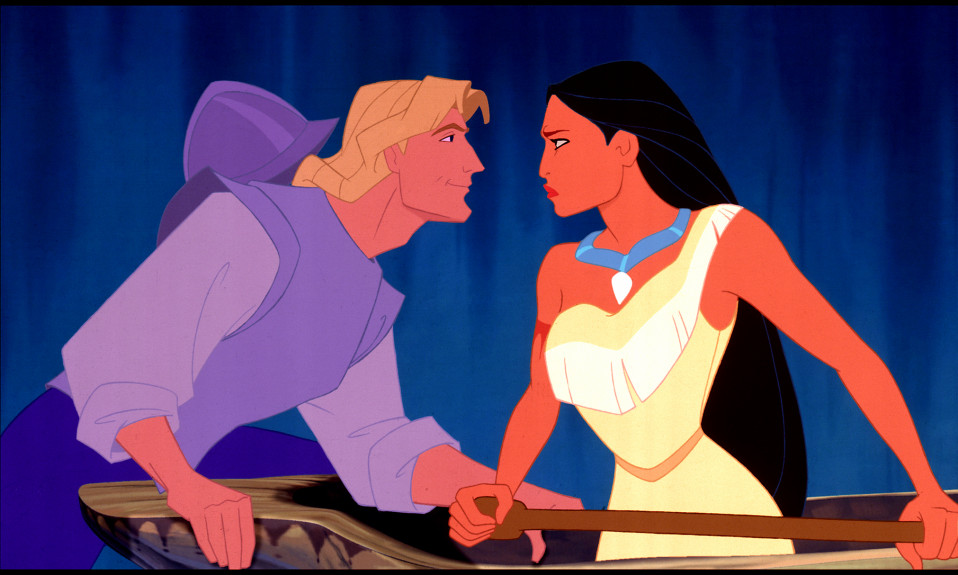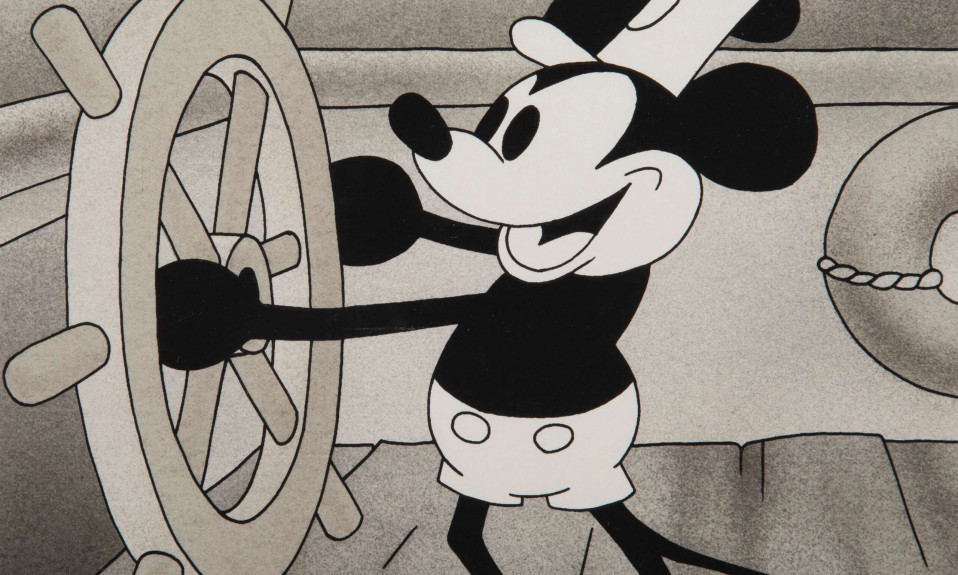First arriving way back in 1964, Black Widow has made regular appearances in Marvel Comics since her debut. Originally a recurring villain for Iron Man, she eventually got a costume and her trademark gauntlets, before switching sides. Now she’s known as one of the founding Avengers in the MCU, and the only female member of the original team. Having fought against Loki, Ultron and Thanos, it’s odd that she’s never had a film of her own, only appearing in team-ups. After years of waiting, she finally has her own film, but over 10 years after her debut, many are saying it’s “too late“. So why exactly did it take so long for Black Widow to get her own film?
“There was an idea…”
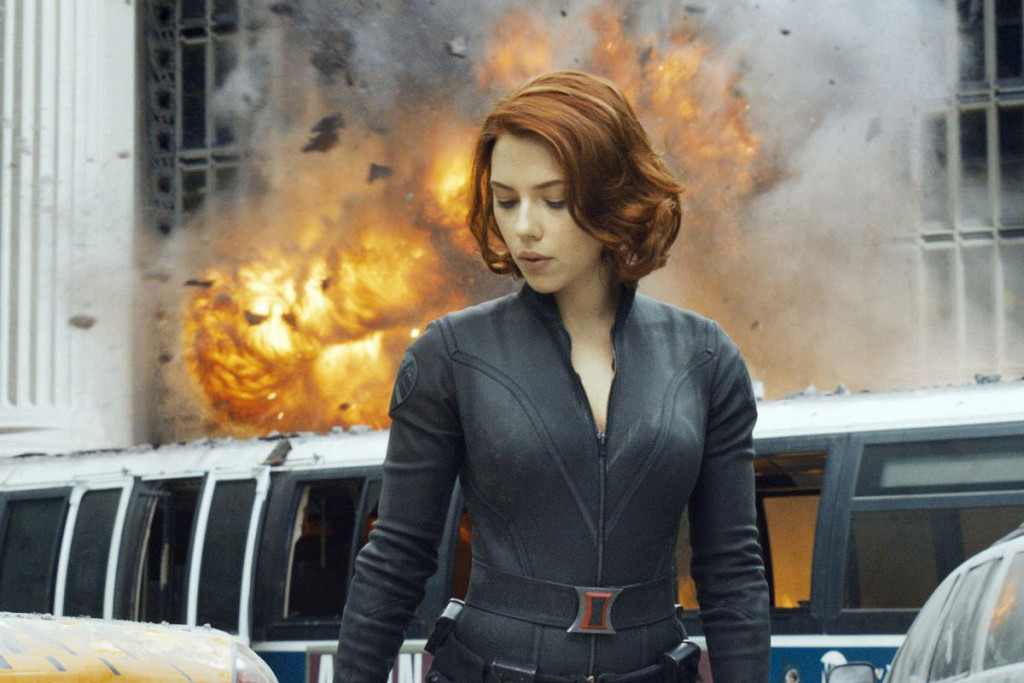
It’s important to remember that Marvel Studios was not always the huge player it is today. Back in 2010, when Romanoff was introduced in Iron Man 2, there was a lot of uncertainty about whether they would ever get to the first Avengers film, let alone Avengers: Endgame. Back when Marvel was selling the rights to their characters, Lionsgate developed a film with David Hayter set to direct, but after the poor reception to films like Æon Flux it was cancelled, and the rights reverted back to Marvel.
In 2010, Scarlett Johansson was cast as Black Widow (after Emily Blunt had schedule conflicts) and appeared in Iron Man 2, as an ally and intermediary between Stark and Nick Fury. Johansson had some impressive acting credits, including Ghost World and Lost in Translation, but was not the household name she is now. She appeared in the team-up The Avengers where she was the standout to many, which furthered talks of a solo film. Johansson’s deal was for multiple films, which included her following appearances in Captain America: The Winter Soldier and Avengers: Age of Ultron. Around 2015 she noted that her original contract had been extended due to the character’s unexpected popularity, and Kevin Feige repeatedly saying a solo film was in development.
“Whatever it Takes”
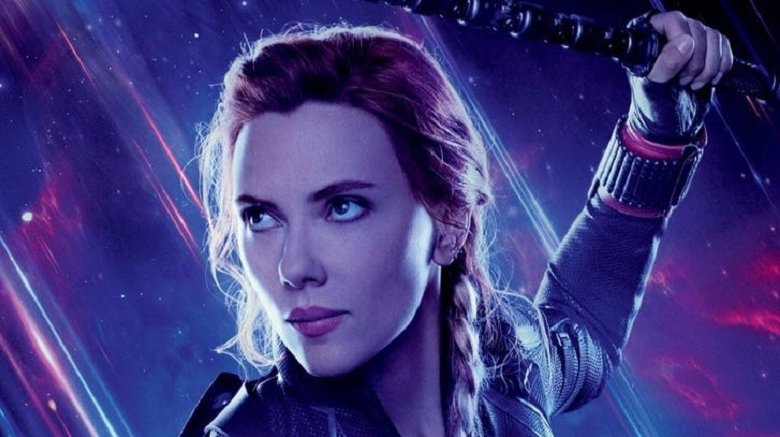
In 2015, Marvel Studios underwent some restructuring. Instead of Kevin Feige reporting to Marvel Entertainment CEO Ike Perlmutter, he now reports directly to Disney. Rumours have often said that Feige and Perlmutter clashed frequently. One of the notable decisions Perlmutter was against was the deal with Sony, meaning Spider-Man was almost not a part of Captain America: Civil War, which would have knock-on effects for the series. While Feige was pushing for films like Captain Marvel and Black Panther, Perlmutter was of the belief that these films would not do well (he was very wrong, as both grossed over $1 billion). With Perlmutter no longer having a say in the movies (but still being involved in TV), Fiege has more freedom and creative control with regards to what films are made and which characters appear
Unfortunately, Marvel Studios can be like a runaway train at times, once it starts it’s hard to stop. When Marvel initially announced Phase Three in 2014, the plans detailed films up until what was eventually revealed as Avengers: Endgame. Although the plan did change slightly, as Spider-Man: Homecoming was added due to the Sony deal, as well as Inhumans becoming a (poorly received) TV series and replaced with Ant-Man and the Wasp (another effect of the corporate shakeup). The presence of Captain Marvel in this original announcement signalled the first MCU film to star a solo female superhero. In theory, this slot could have been filled by Black Widow, but with Captain Marvel having a role Endgame and likely being already developed, it was chosen instead. As the two Avengers films were shot back to back, Johansson was likely not available to shoot a solo film during this time.
Of course, even when the film finally was about to be released, it was delayed by the pandemic, like many other big films, by over a year.
While it’s hard to argue that Black Widow shouldn’t have been released sooner, it’s good that it finally has arrived. As one of the original Avengers it was odd she hadn’t been given a solo outing (Hawkeye is receiving a series), it’s likely the last time Johansson will play the character and goes some way to adding context to her controversial fate in Endgame. The film implies that her legacy will continue, and it seems lessons have been learnt. It’s a shame but sometimes it really is better late than never.
Also Read: MCU Storylines That Are Still Unresolved


